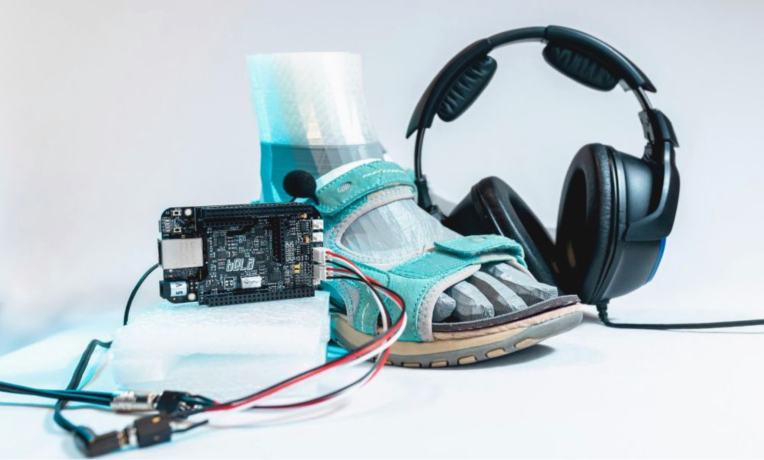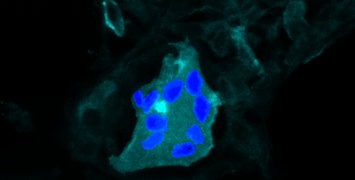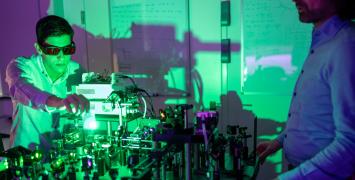How our social circle shapes body perception

Published in iScience, the study involved over 100 participants and used the “Footsteps Illusion,” an experiment in which the sounds of a person's footsteps are modified in real time to simulate those of a lighter or heavier body. These auditory changes shift people’s perception of their own weight and trigger behavioral, emotional, and physiological variations, demonstrating how malleable body image is to sensory input.
Participants were asked to walk while listening to three types of footstep sounds: one unmodified, one with footsteps that sounded as if they were produced by a lighter body, and one with footsteps that sounded as if they were produced by a heavier body. In addition, participants answered questionnaires about their body image, possible symptoms of eating disorders, and the breadth of their social support networks.
The results of this experiment showed that people with larger and more diverse social networks were generally less influenced by the sound illusion and tended to be more satisfied with their body image and have fewer symptoms of eating disorders. Conversely, the modified effects of the steps were more intense in people with smaller social networks, leading to the conclusion that body perception and its malleability not only depend on immediate sensory stimuli but are also influenced by the social structure in which the person is integrated.
'The implications of our study are that your circle of friends influences how you perceive your own body. If you have a wider circle of friends, you perceive your body in a more positive way,' says Anxo Sánchez, a researcher in the Department of Mathematics at UC3M. 'People would think that self-perception depends on oneself, but in reality it depends on the number of people who support you and surround you,' explains another of the study's authors, Amar D'Adamo, a researcher in the Department of Computer Science at UC3M.
Name
¿Cómo influye tu círculo social en la percepción de tu cuerpo? | Investigación UC3M
These findings show that having broad and diverse social support reinforces the stability of body self-perception and protects against the influence of external signals that could distort it. This discovery, in turn, opens the door to new social interventions that serve to promote a more positive body image and mitigate the effects of weight-related stigma.
In addition, the team proposes the use of mobile applications to help people who may suffer from disorders associated with a negative self-perception of their own body: 'At the i_mBODY Lab, we develop sensory technologies that allow us to change the perception of the body. We are also very focused on applications because we want to understand how we can use these technologies to support people,' explains Ana Tajadura, head of the i_mBODY Lab, researcher at the Department of Computer Science at UC3M and ERC grantee.
Bibliographic reference:
D'Adamo, A. Sánchez, A. De Coster, L. Tajadura-Jiménez, A. (2025). Sound effects on body perception vary with the social support network of individuals. iScience, Volume 28, Issue 8, 2025, 113091, ISSN 2589-0042, https://doi.org/10.1016/j.isci.2025.113091





